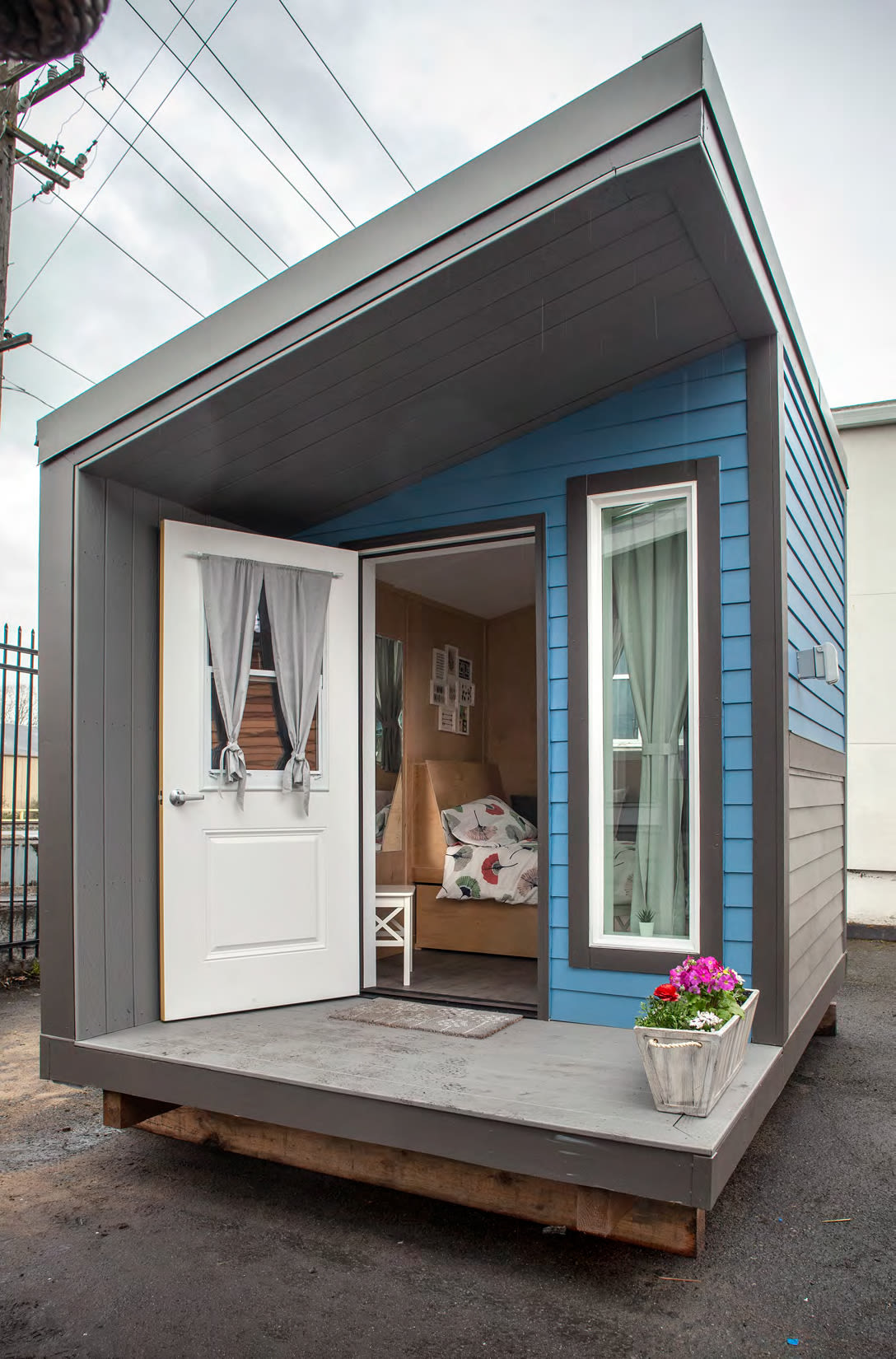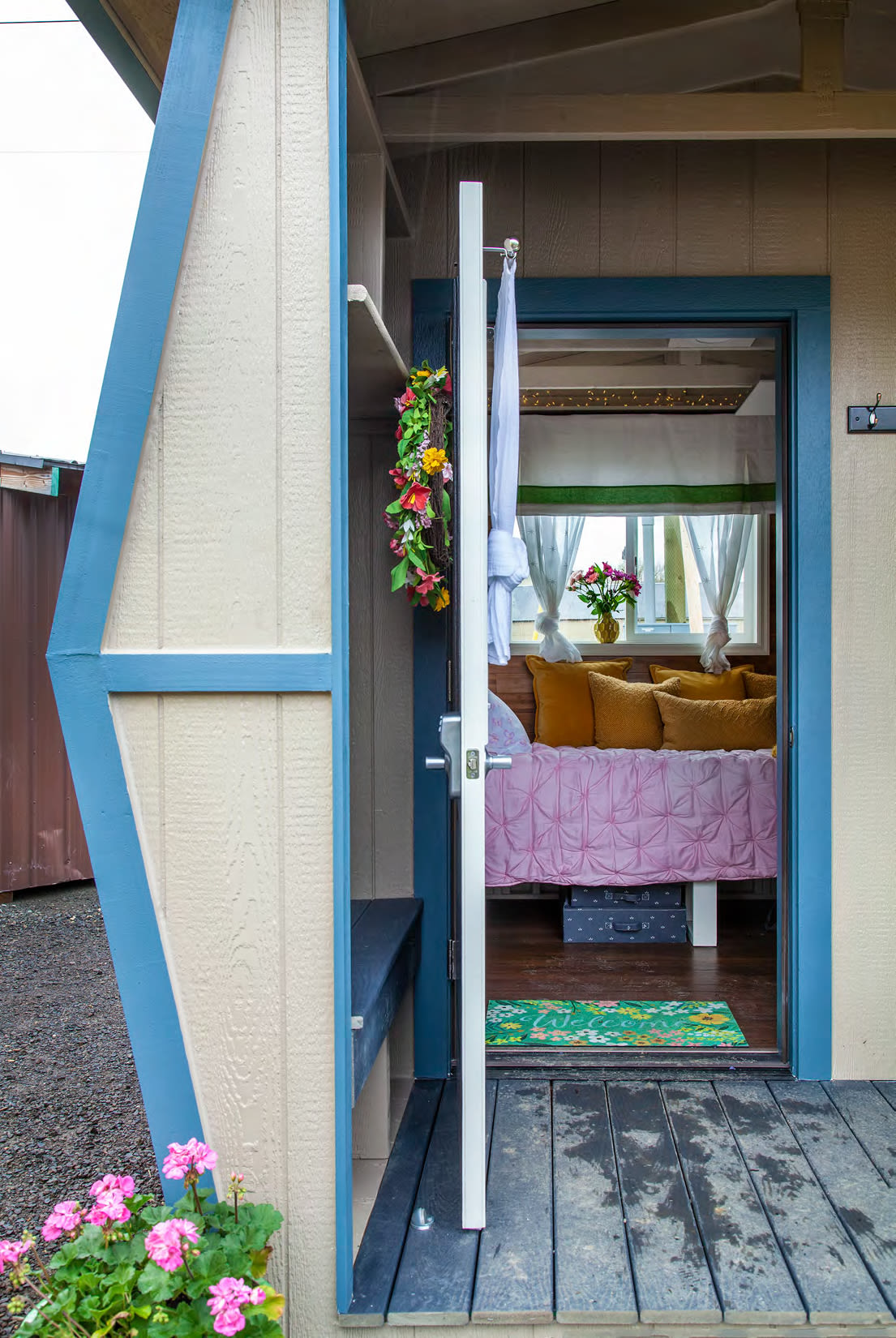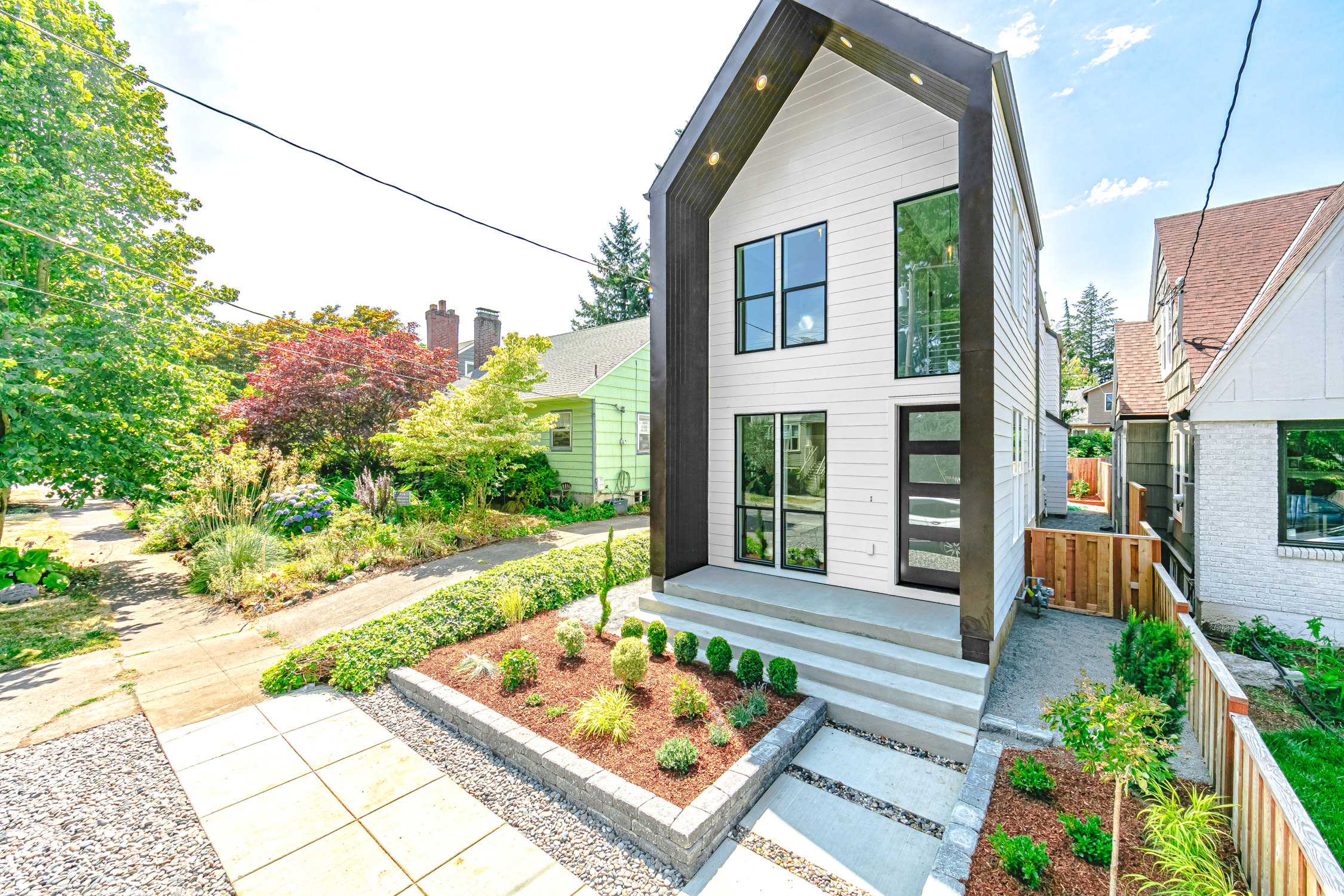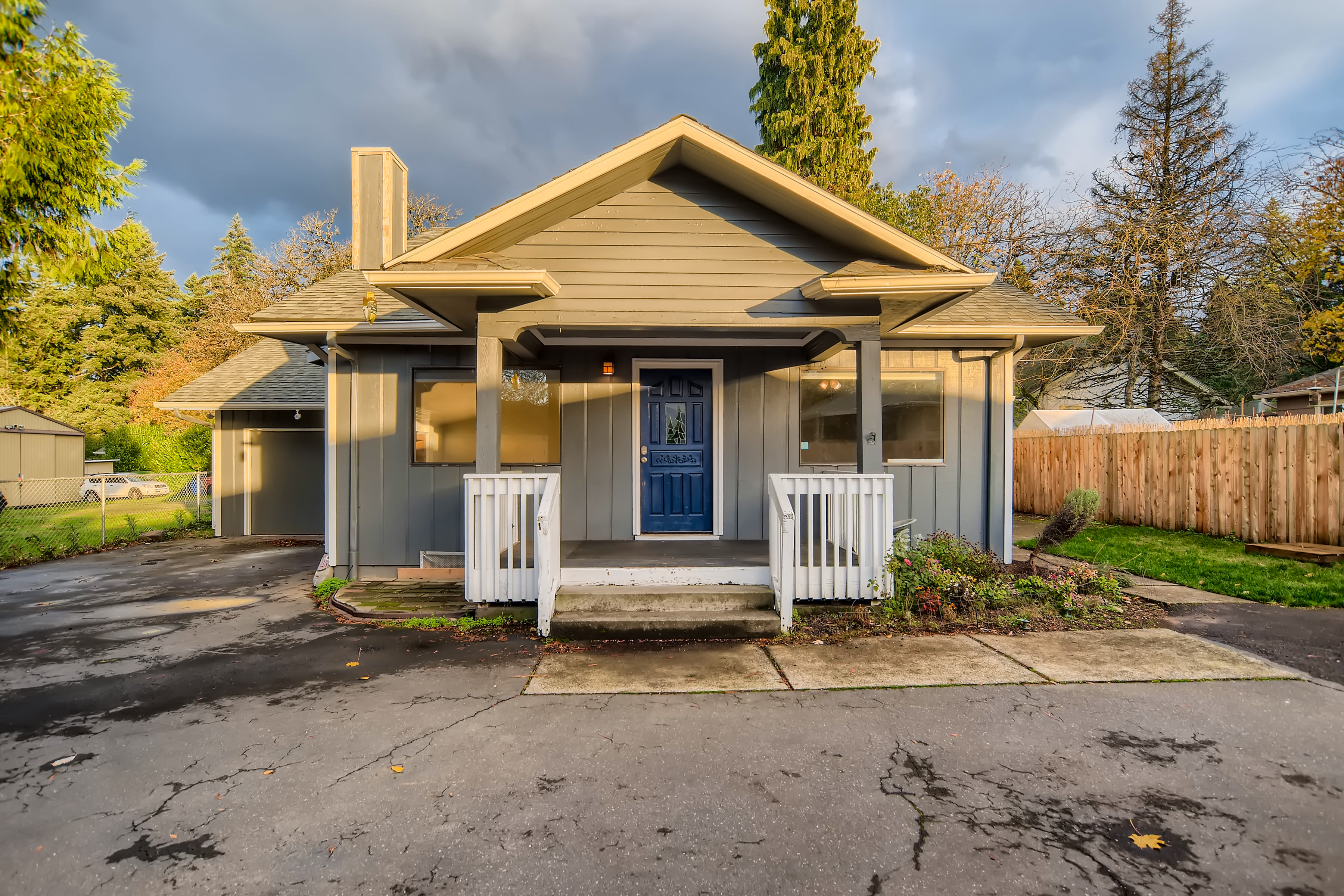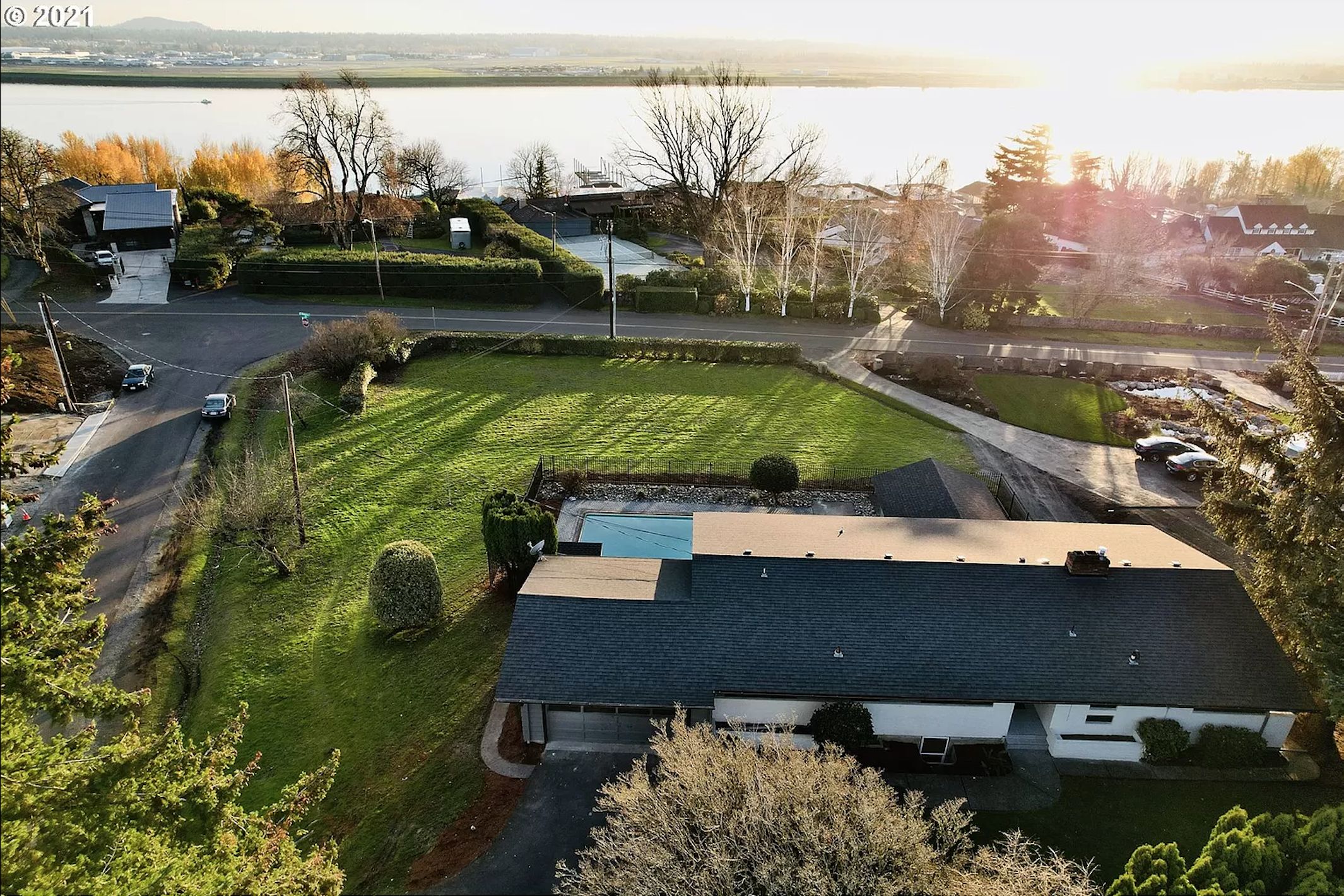These Tiny Home-Inspired “Sleeping Pods” Provide Shelter for Portland’s Homeless Women
Portland has a number of homeless shelters dedicated, specifically, to serving women: Rose Haven, Safety Off the Streets, the Willamette Center. Each provides its own set of vital emergency services away from the threat of male violence, but plenty of other problems persist.
“I don’t know if you’ve ever been in a homeless shelter,” says Rose Bak, the director of housing and homeless services at Catholic Charities Oregon. “But people are up all night, and it’s noisy, and [women have told us] they’re worried about their items being stolen. They just never felt fully safe, even in a female-centered shelter.”
So in 2016, Portland State University launched the POD initiative, which attracted some of the city’s brightest architecture talent to design tiny, mobile single-occupant structures (max 96 square feet) for the city’s homeless women. The goal was to provide locking-door shelter that facilitated sleep and provided the stability necessary to transition residents to more permanent living situations. Winning designs were built by volunteer contractors and put up in Kenton, at a “Women’s Village” operated by Catholic Charities.
Residents were self-identified women over 25 (though the average age is 45), most of whom had lived on the streets for at least five years. On-site caseworkers helped them track down stable housing. Almost every resident has landed a permanent living situation within a year.
In April, the village relocated to a new site on N Columbia Boulevard equipped to accommodate a new set of 20 units. Eric Wenzel, a designer at Scott Edwards Architecture whose “Catalyst Pod” design was plucked from the PSU initiative back in 2016, says that the new units are a significant step up—each is equipped with electricity, radiant heating, and an individualized PIN lock for maximum safety. Take a look at the new units above.


